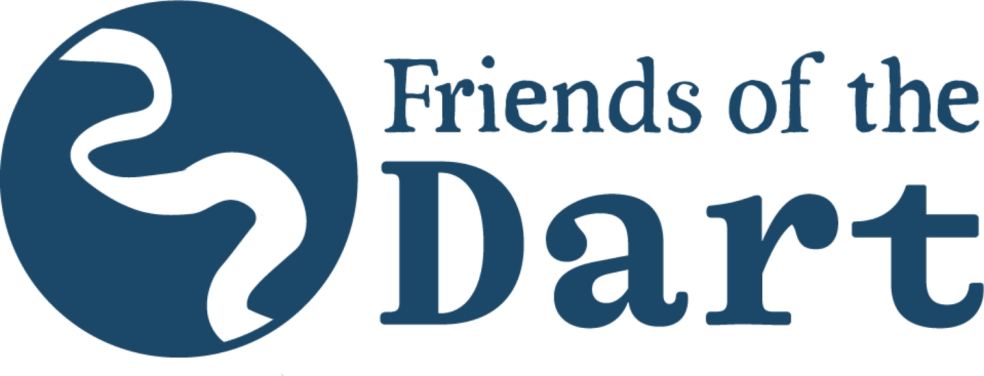
Friends of the Dart: Driving change for safer, cleaner waters
Friends of the Dart (FOD) celebrates a major milestone in the fight for cleaner, safer waters. A recent report by the Office for Environmental Protection (OEP) underscores the urgent need for reform of England’s outdated Bathing Water Regulations, echoing FOD’s long-standing advocacy for inclusive and effective protections for water users and river ecosystems.
Achievements and Advocacy
Over the past two years, FOD’s dedicated team of volunteers has worked tirelessly to collect and analyse water quality data, identify pollution hotspots, and advocate for systemic improvements. With support from the Devon Environment Foundation, Nature Save Trust, and community fundraising, FOD has:
-
Pinpointed Problem Areas: Conducted comprehensive testing across the Dart, revealing consistent pollution at key sites like Steamer Quay, where bacterial contamination from human sewage and agricultural runoff exceeds safe levels.
-
Supported Infrastructure Upgrades: Secured commitments for improvements to 14 critical assets along the Dart, with work beginning this spring.
-
Influenced National Policy: Submitted evidence-based recommendations to Defra’s consultation on updating Bathing Water Regulations, calling for year-round protections, expanded monitoring, and a river-specific approach.
Key Findings
FOD’s testing efforts have provided vital insights into water quality challenges:
-
Pollutants: Low concentrations of pharmaceuticals, PFAS, pesticides, and heavy metals pose a cumulative threat to wildlife due to continuous exposure.
-
Antimicrobial Resistance: Preliminary data suggests the presence of antimicrobial resistance genes, with Steamer Quay showing the highest levels.
-
Human and Agricultural Contamination: Microbial source tracking confirmed human sewage and livestock as major contributors to pollution in the Dart.
What’s Been Achieved
Recent Defra designations reflect the impact of FOD’s advocacy and highlight areas for continued action:
-
Steamer Quay, Totnes: Poor
-
Stoke Gabriel: Sufficient
-
Dittisham: Good
-
Warfleet, Dartmouth: Excellent
While designations provide an important framework for assessing water quality, they do not guarantee safety for water users. FOD continues to advocate for improvements to both testing standards and public communication.
FOD’s Vision for Change
Friends of the Dart’s consultation response emphasized key changes needed to safeguard rivers and their users:
-
Year-Round Protection: Eliminating seasonal restrictions to ensure safety and ecological health at all times.
-
Inclusive Definitions: Expanding protections to all water users, including surfers, paddleboarders, and their pets.
-
Enhanced Testing: Introducing multiple sampling points at each site and testing for a wider range of pollutants.
-
Continued Protection for Struggling Sites: Maintaining oversight and support for sites failing to meet minimum standards, rather than automatic de-designation.
-
River-Specific Policies: Addressing the unique challenges rivers face compared to coastal waters.
The Road Ahead
This spring, infrastructure upgrades will begin on 14 assets identified as critical to improving water quality in the Dart. These advancements mark a significant victory for the community and demonstrate the power of grassroots action.
FOD remains committed to ensuring the Dart is safe and welcoming for all, advocating for legislative changes and holding polluters accountable. The ongoing support of volunteers, donors, and local residents has been essential to achieving these milestones.
Full details in their newsletter:












